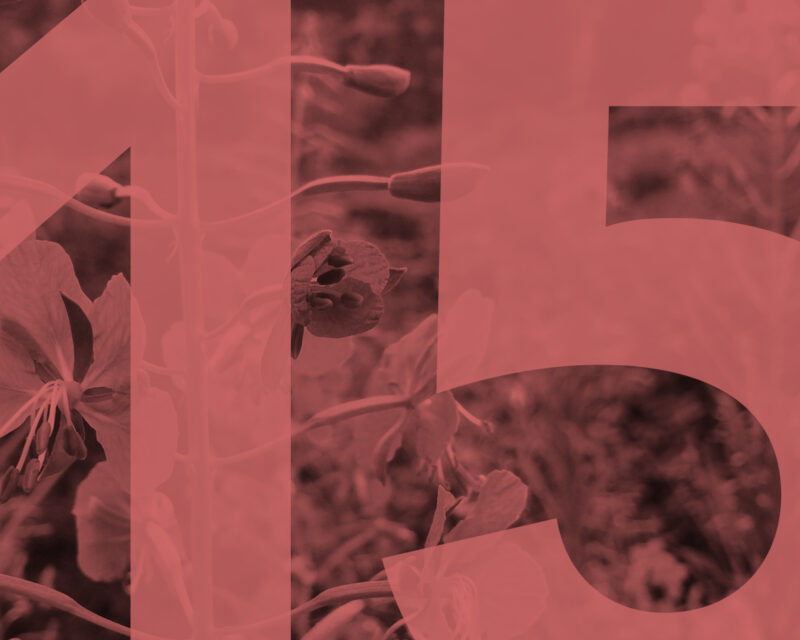Glossary
C
-
Change Paradigm
An approach to creating change that asks us to think about where we are now, where we want to be in the future, and what tools or resources we need to get there.
-
Clan
Traditional First Nations systems of organization and governance within nations and families, usually named after various elements of nature such as wolf, eagle, bear, turtle, and tobacco, among many others. Different clans have distinct roles and responsibilities within the wider community.
-
Cultural and language-based (Culturally appropriate curriculum)
Lesson plans and activities grounded in local culture and language, centred within Indigenous knowledge and ways of being, that respond to the needs of the community.
-
Cultural Profiency
The ability to interact with people from different cultures in respectful ways that recognize their unique worldviews and perspectives.
E
-
Elders
Community members who have the respect of the people because of their wisdom and knowledge of traditional customs, language and culture, regardless of age or gender.
F
-
First Nations Holistic Lifelong Learning Model
A way of learning and perceiving the world. It takes into consideration how Indigenous and Western viewpoints, and formal and informal learning impact our holistic being. The model demonstrates how throughout various life stages different sources and domains of knowledge are expressed in the social, spiritual and cultural, political and economic aspects of our lives. The model also highlights the role of nurturing guides that help shape our lives.
I
-
Indigenous Protocols
Ways of interacting and working with Indigenous peoples that show respect and understanding of cultural practices and ways of knowing. Examples include offering tobacco or beginning gatherings with an opening prayer.
-
Indigenous Resources
Books, games, videos, papers, documents, and other tools and media that are developed with Indigenous Elders and Knowledge Keepers, and grounded in language and culture.
